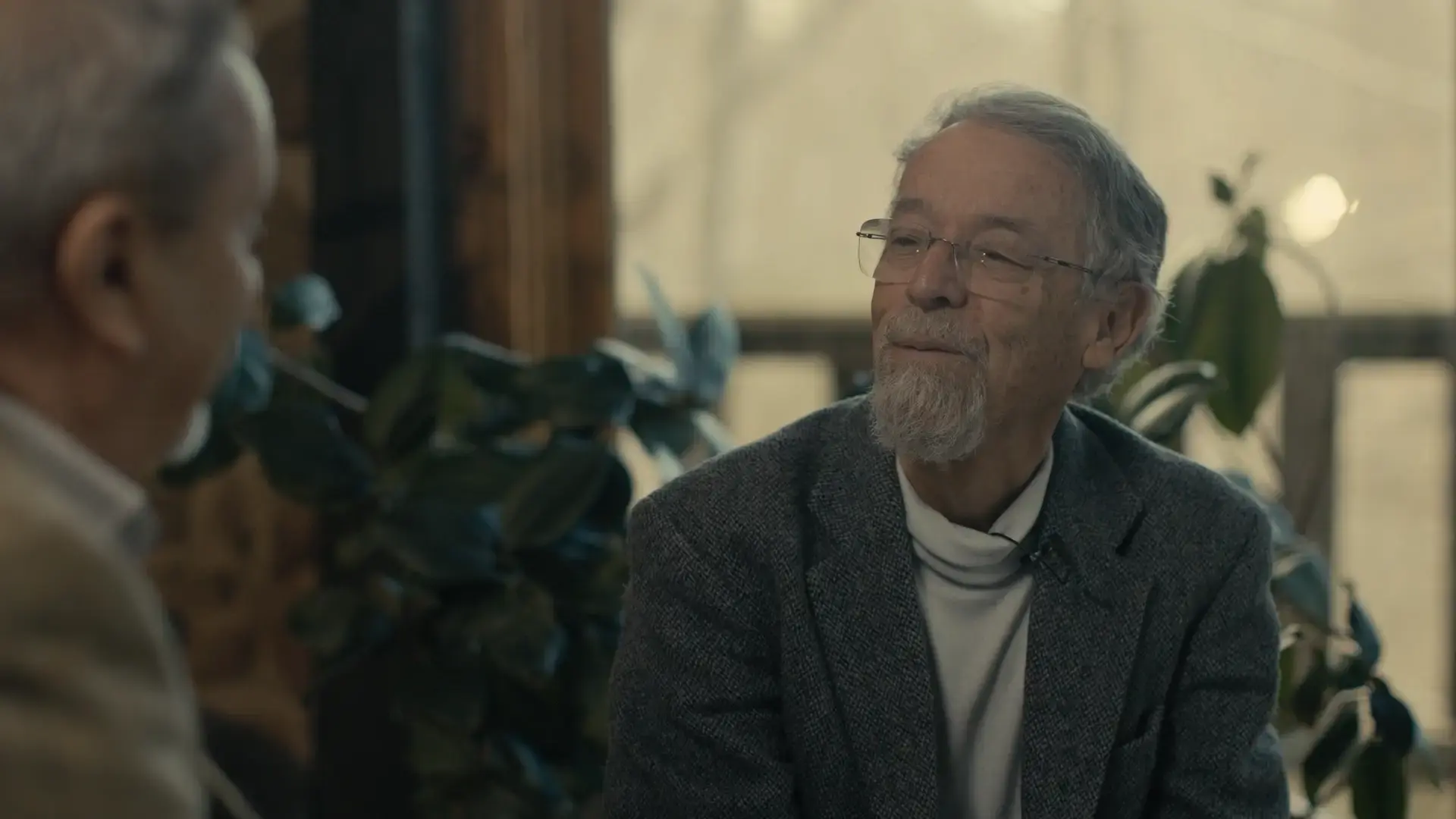You may find the title of this article intriguing. What connection could there be between Jennifer Aniston, star of the hit television series Friends, and collective bargaining? Let me explain.
When two sides negotiate, they do so because there is something of a power balance between them. If one side has all the power it is unlikely that they would bother to negotiate with the other.
Now picture Victorian England. The industrial revolution is in full swing. People have been forced off the land into the cities. The mills stand stark and foreboding against the dark, smoggy sky. Men, women and children queue at the gates, hoping for the chance to work. Deep below their feet, whole families toil in narrow tunnels, extracting coal to power the mills.
In one mill, a worker has the temerity to ask for more. The mill owner, in his dark suit and top hat, points to the gates where the unemployed stand patiently in the hope of work. The worker has only one choice: accept the terms the mill owner offers or become unemployed.
That is until someone had the idea that workers would have more power if they banded together. Thus the trade union movement was born and collective bargaining began.
What is collective bargaining?
Collective bargaining is about power. Workers who have little power as individuals can wield considerable power as a collective. Established in the late 19th century, the trade union movement grew rapidly throughout the 20th century and unions gained considerable collective bargaining power resulting in improved benefits for their members.
At times trade unions became so powerful that they were even able to wield significant power outside of the workplace. In 1900 the UK Labour Party was founded by trade unionists eager to exercise power in the political field. More recently, Lech Welensa’s Solidarity trade union was a major player in political change in Poland as was COSATU (Congress of South African Trade Unions) in apartheid South Africa.
Even more recently, we saw the power of collective bargaining as the Writer’s Guild of America (WGA) and Alliance of Motion Picture and Television Producers (AMPTP) finally reached a tentative agreement that ended a 148-day writer’s strike. This agreement led to meaningful gains and protections for writers in every sector of the membership.
However, in the latter part of the twentieth century trade unions began to decline in power and, in modern economies, no longer have the influence they once had. Yet the principle remains – if you need to increase your bargaining power, it may be useful to join forces with others.
How are collective bargaining and Friends connected?
At its inception, Friends was an ensemble production: all the cast members were given roughly equal screen time. They were also given equal pay: $22,500 each per episode.
However, in the second season, Jennifer Aniston and David Schwimmer were paid more than other cast members.
But, by the third season the cast had decided to negotiate collectively. Schwimmer and Aniston both took pay cuts and each cast member received the same pay.
Unity among the cast became stronger. Filming would start with a group hug, causing guest stars to sometimes feel excluded. Tom Selleck (does anyone remember Magnum?) commented that he felt left out.
As the popularity, and profitability, of the Friends series grew, the cast’s bargaining power became stronger. The entire cast walked out during the filming of one episode, leaving the studio with a dilemma. You can write an actor out of a series, but an entire cast? Especially when the network was so dependent on the series.
So, how did it turn out? In the end every cast member was paid a whopping $1 million for each episode of the last two series!
But is collective bargaining dying?
Going back a few years to 2015, unions were labelled “basically dead” by The Atlantic’s Teresa Ghilarducci, with a decline of 5-10% on average in union membership. Data showed that there was a correlation in the US between the decline of unions and the rise of right-to-work legislation. Back then, there was a belief that unions were hampering economic growth, but as of 2023, that’s no longer the case, with more vocal and active unions highlighting the decline in wages for both union and non-union employees.
Ultimately, collective bargaining seems to be reviving, with American support for unions increasing from 53-58% to 71% as of 2023.
What can we learn from this?
What are the lessons for us in deals that we negotiate? Power is fundamental to negotiation. As I made clear at the beginning of this blog, if one side has excessive power then negotiation is unlikely to occur and the side with all the power is likely to adopt a ‘take it or leave it’ approach. So, before we negotiate we should always look critically, and as objectively as possible, at the power we have relative to the other side. If we not as powerful as we need to be, we will need to find the means by which we can tip the power balance more in our favour. There are many ways in which we can do this, including establishing alliances with others.
Suppliers to supermarkets can gain power through alliances. Dairy farmers, for example, have collaborated and lobbied governments or established negotiating forums.
In innovative markets, such as IT, competitors often find there are higher gains to be made through collaboration than through competition. Collaboration on establishing an industry standard on, say, wireless technologies, can open up a bigger market for all and give the whole industry more negotiating muscle.
The lessons for us are that we should take great care in establishing our negotiating objectives and apply some creative thinking regarding how we increase our power.



.jpg?width=675&name=iStock-625736338%20(1).jpg)




